detail profile mitic c4 83 popescu
Peran Yang Di Mainkan Mitică Popescu
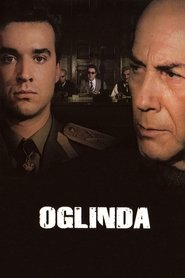 Depicts Romania during World War II...
Depicts Romania during World War II...Mirror 1994
Depicts Romania during World War II, focusing on the Royal Coup that toppled Ion Antonescu, the Axis-allied Conducător and authoritarian Prime Minister. Focused around the August 23rd 1944 coup against Marshal Antonescu, the movie also tackles other topics from the same era such as the Iron Guard rebellion and the execution of political leaders by communists.
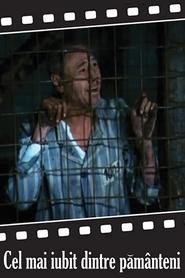 The lifestory confession of a prisoner...
The lifestory confession of a prisoner...The Earth's Most Beloved Son 1993
The life-story confession of a prisoner waiting for his trial. Victor Petrini, a promising intellectual in the 1950s and a lecturer in Philosophy is arrested by the repressive secret police, wrongly accused of espionage, and sentenced to prison and forced labor.
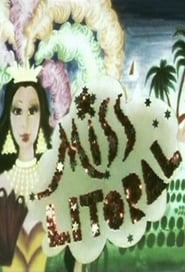 Nea Costel and her consort Didona...
Nea Costel and her consort Didona...Miss Litoral 1991
Nea Costel and her consort, Didona, want their daughter, Tina, to participate in the Miss Litoral beauty contest. But Tina is in love with a shy and jealous boy who does not see in Tina a beauty of the kind that appears on the covers of magazines and wants to keep her only for himself.
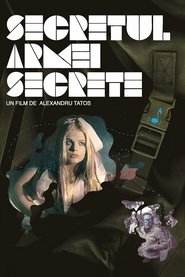 In this allegorical fairytale peaceful and...
In this allegorical fairytale peaceful and...The Secret of the Secret Weapon 1988
In this allegorical fairy-tale, peaceful and warlike knights vie for the hand of a beautiful princess, while a discussion of disco goes on around them. She favors a peaceful knight, while her father and his advisors like the ones carrying around a lot of weapons.
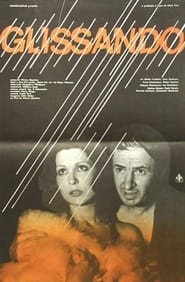 In a devastating story rife with...
In a devastating story rife with...Glissando 1982
In a devastating story rife with visual metaphors, Romanian director Mircea Daneliuc traces the slow mental disintegration of a confirmed gambler, using his disorder as an allusion to a greater national and social disorder. Set in the 1930s, the middle-class gambler meets an elderly man who seems to bring him good luck at the gaming tables. Rather than treasure his friendship and the good fortune it brings, the gambler takes advantage of his friend, and by his actions drives the man to suicide. Unable to reconcile his own mental demons, the gambler wanders through the house of his dead friend, and his experiences there only serve to unsettle his mind more and more and more. In the last reels of the film, the fantasies of the hero's deranged mind take over.
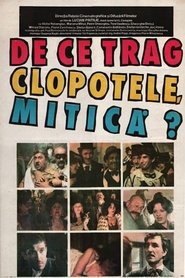 Based on a theatrical text by...
Based on a theatrical text by...Why Are the Bells Ringing, Mitica? 1981
Based on a theatrical text by Romanian writer Ion Luca Caragiale (1852-1912), who was a bitter and funny witness of the turn-of-the-20th-century Romanian bourgeois mores, Carnival Scenes manages to preserve and further enhance the slightly hysteric atmosphere of his plays. Pintilie creates a strange combination of carnival scenes which is brought to the screen as a burlesque, fast-paced, screwball comedy with a meditative undertone. This film was banned in Romania for a decade until the death of Ceausescu in 1989 and was only released after the 1989 revolution.

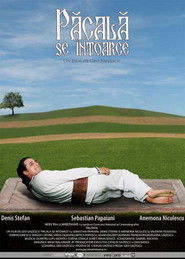
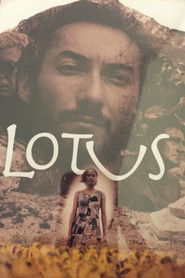
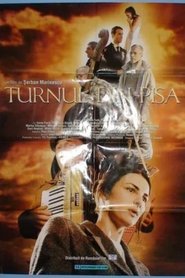 Story of a typical Romanian couple...
Story of a typical Romanian couple...
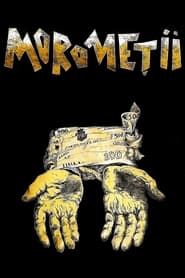 Story of a family Problems marriage...
Story of a family Problems marriage... Problems ensue once a girl finds...
Problems ensue once a girl finds...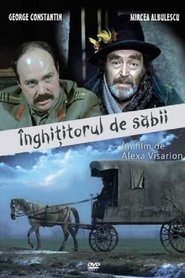 The movie describes the life of...
The movie describes the life of...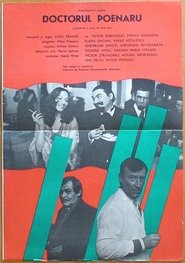 In 1919 young Doctor Poenaru is sent...
In 1919 young Doctor Poenaru is sent...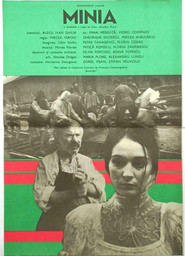
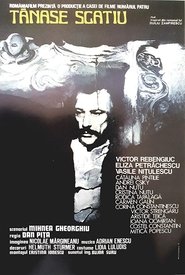 The rise and fall of the...
The rise and fall of the...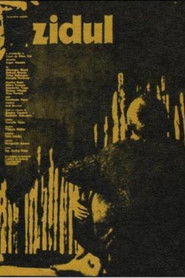 At the beginning of the 40s...
At the beginning of the 40s...